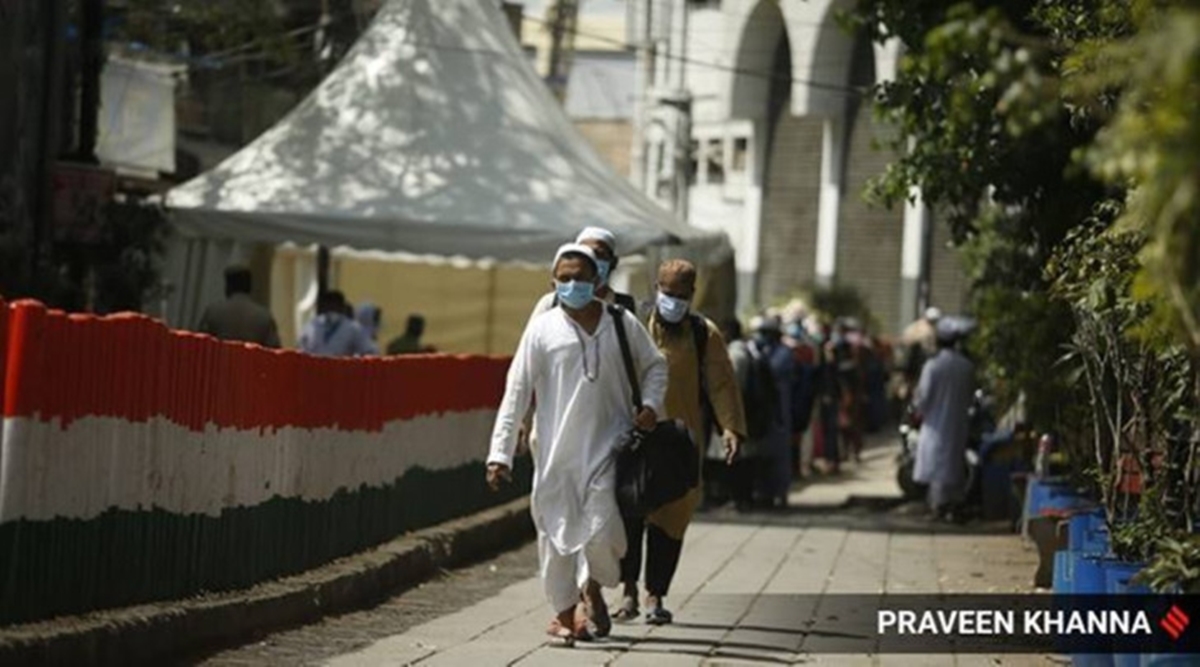 The Jamaat was in news in March after the Nizamuddin Markaz emerged as a hotspot.
The Jamaat was in news in March after the Nizamuddin Markaz emerged as a hotspot.The Supreme Court Tuesday expressed displeasure over the Centre’s affidavit in the case related to media reporting of Tablighi Jamaat congregation during the onset of COVID-19 pandemic, and said it should consider setting up a regulatory mechanism to deal with such content on TV.
“First you did not file a proper affidavit and then you filed an affidavit which did not deal with the two important questions. This way it cannot be done Mr Mehta,” a bench headed by Chief Justice S A Bobde told Solicitor General Tushar Mehta. “We want to know as to what is the mechanism to deal with these contents on television. If there is no regulatory mechanism then you create one. Regulation cannot be left to organisation like NBSA,” said the bench, also comprising Justices A S Bopanna and V Ramasubramanian.
Asking the Centre to create and apprise it of the mechanism, the top court has posted the matter for hearing after three weeks.
The Jamiat Ulema-e-Hind had moved the apex court on April 6 seeking directions to prevent what it claimed was the communalisation of the Nizamuddin Markaz issue by certain sections of the print and electronic media.
The Centre had filed its affidavit in the matter on August 7, stating that the spread of Covid-19 among attendees of the Jamaat, attacks on health workers by some sections, etc, were all matters of fact and that “news reports based on facts… cannot be censored”.
It also said that the plea by Jamiat Ulema-e-Hind raised grievances against “certain section of media” without naming any and “certain news reports” without producing these reports. Instead, it “merely relied upon ‘certain fact check news reports’ to contend that entire media is perpetrating communal disharmony and hatred towards Muslims, and is therefore required to be censured/gagged”, the government said.
(With inputs from PTI)